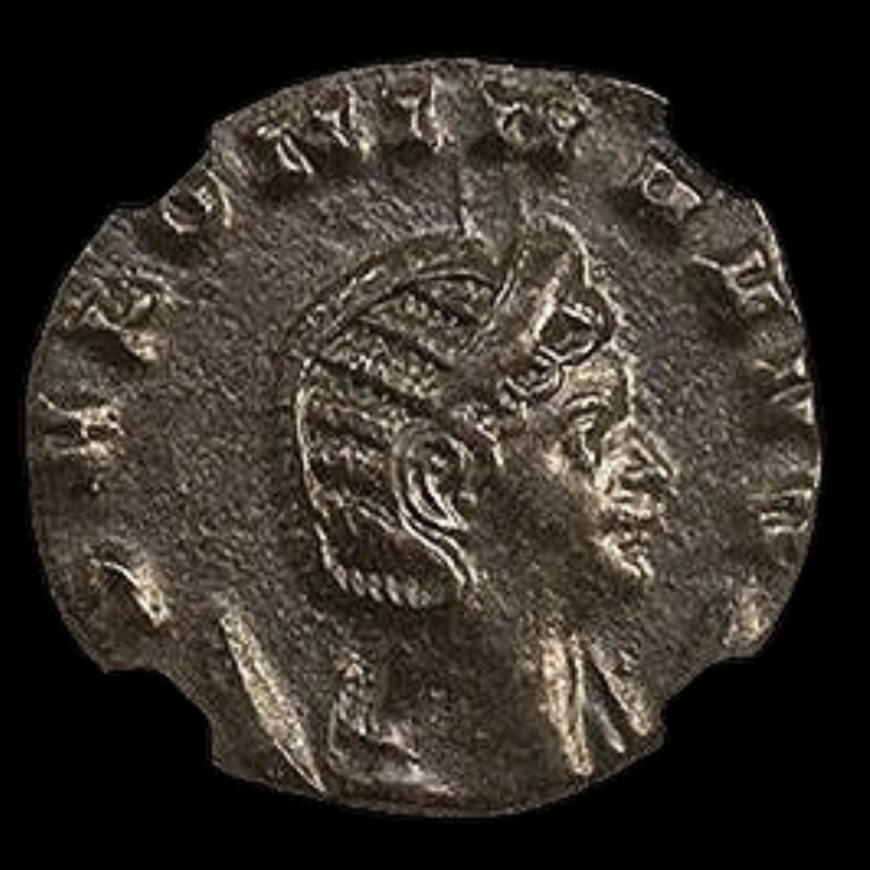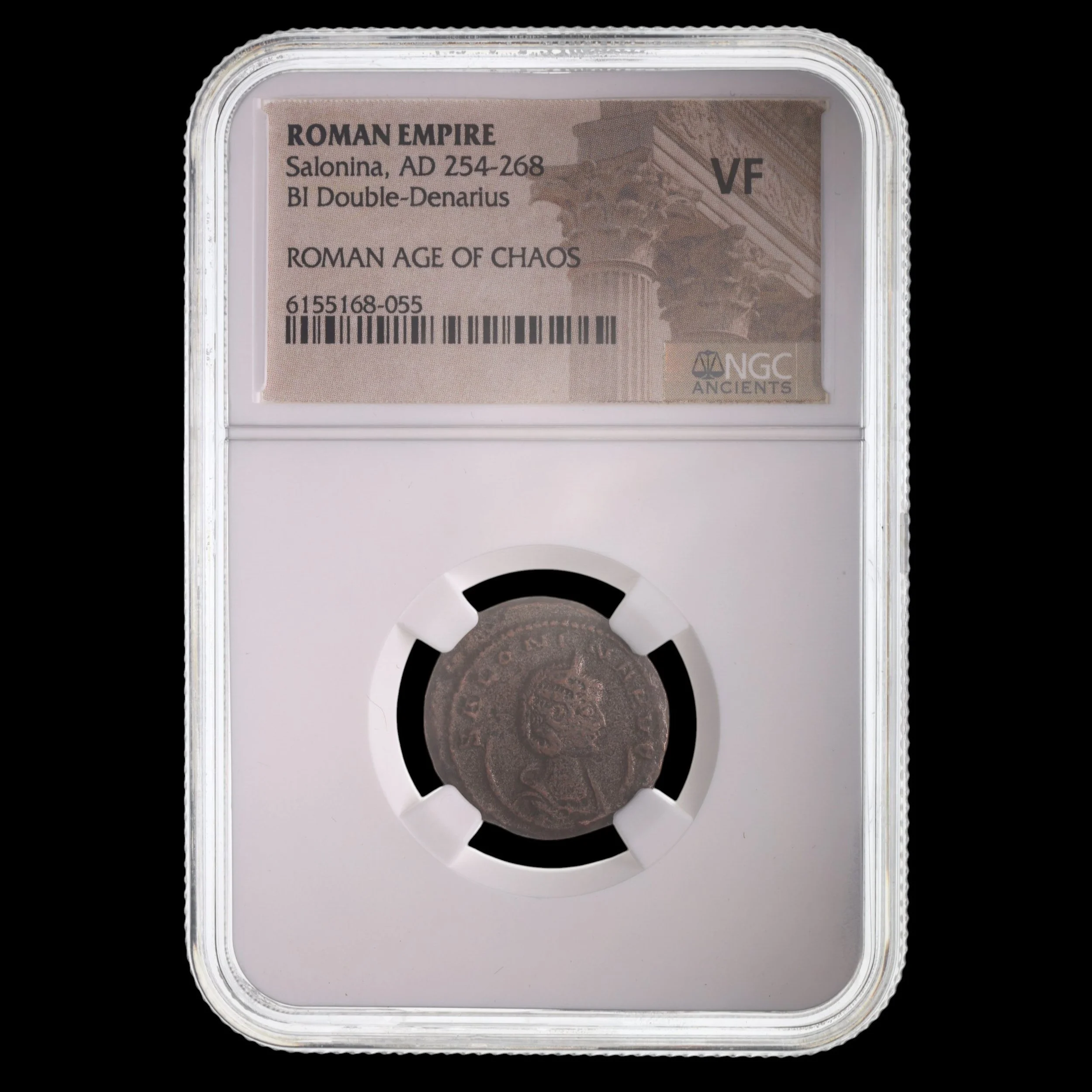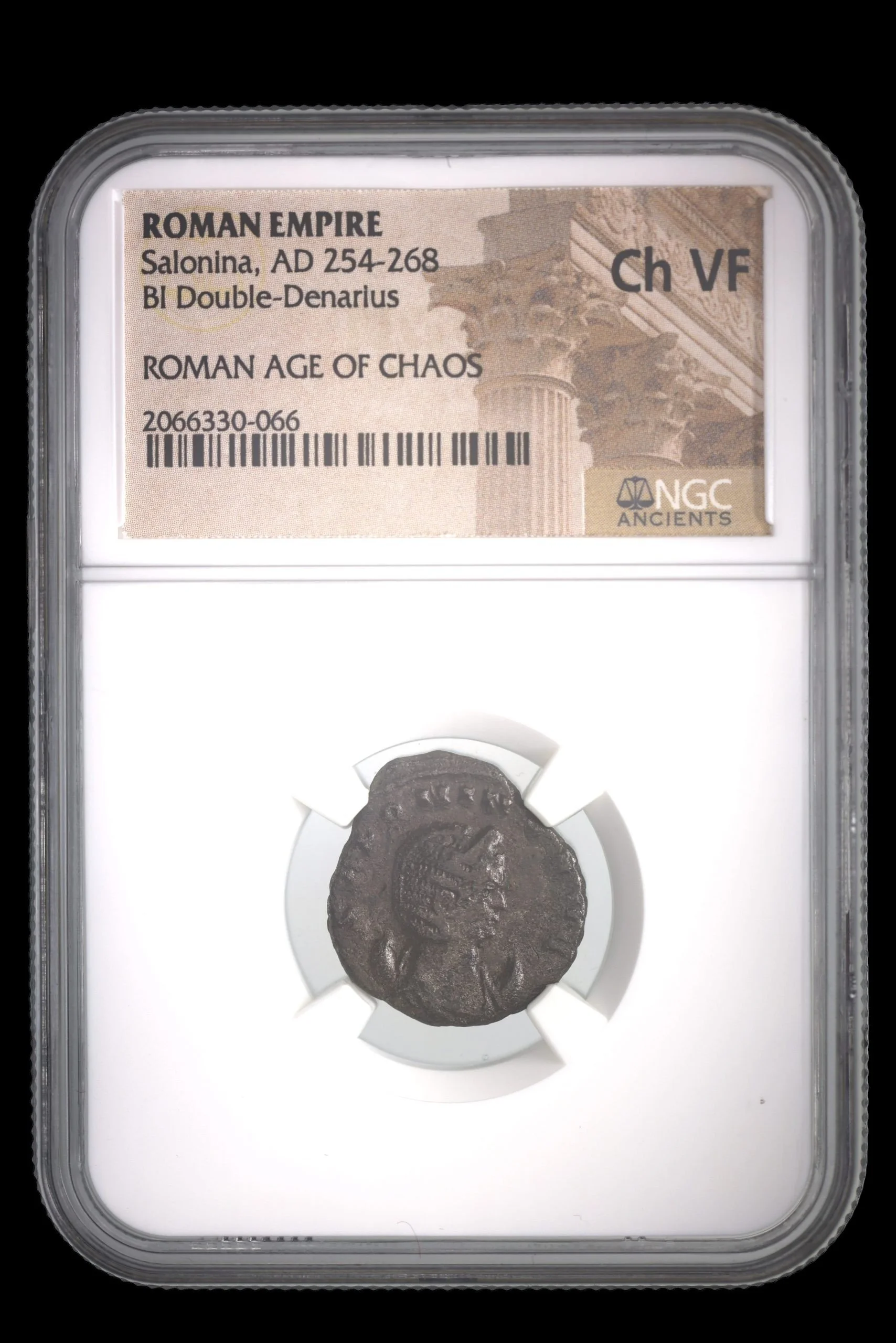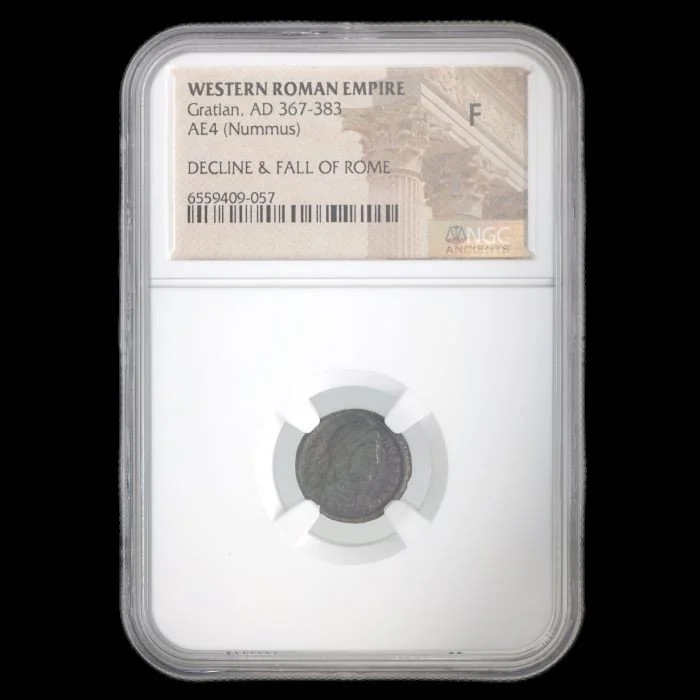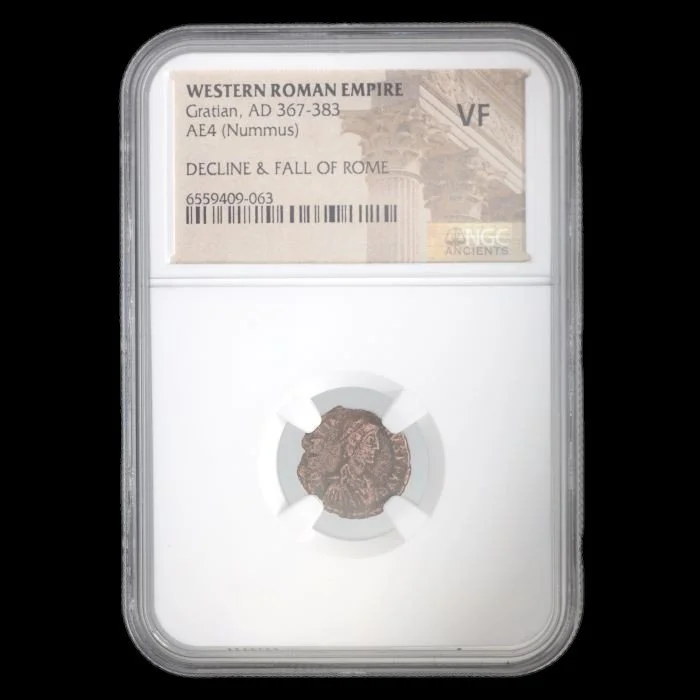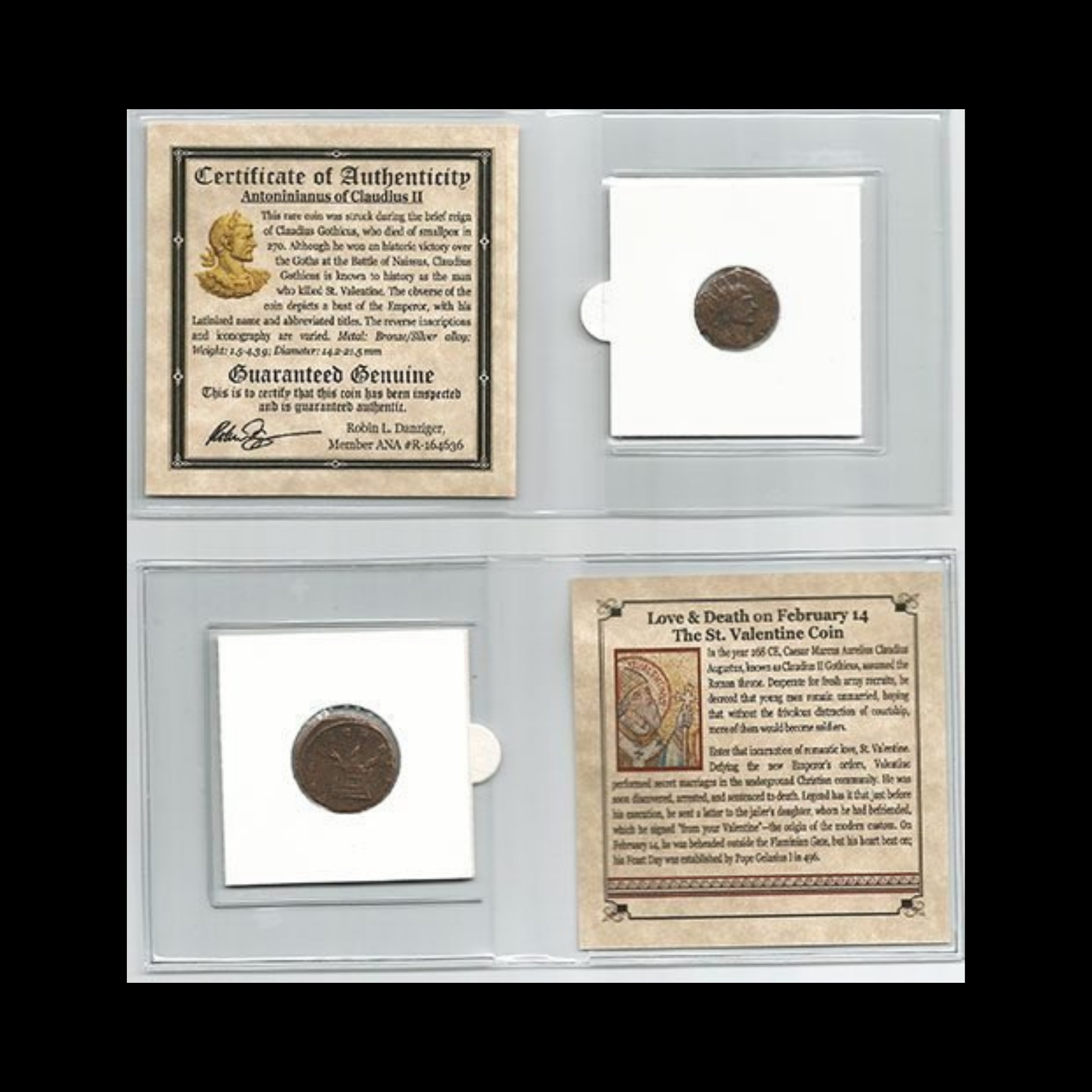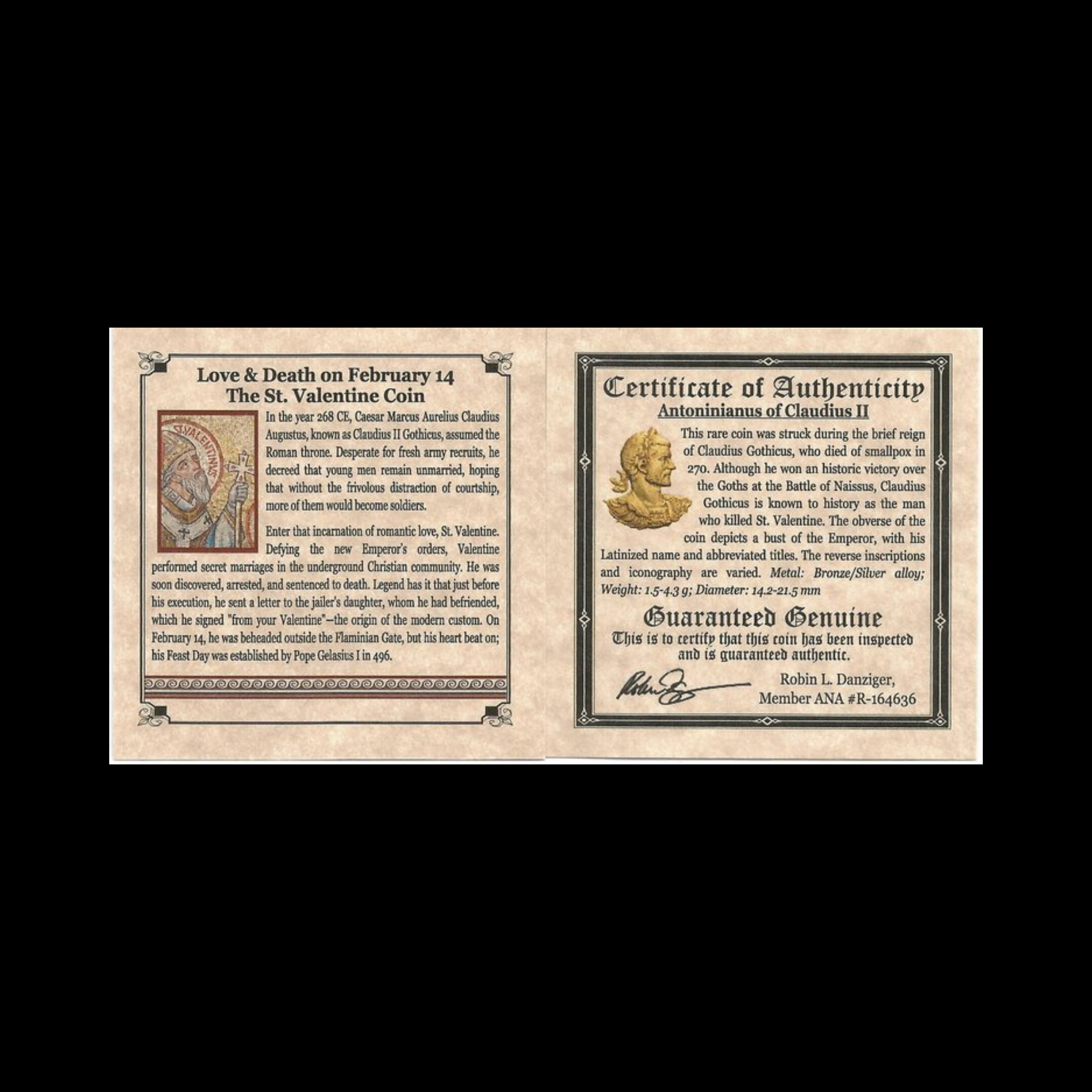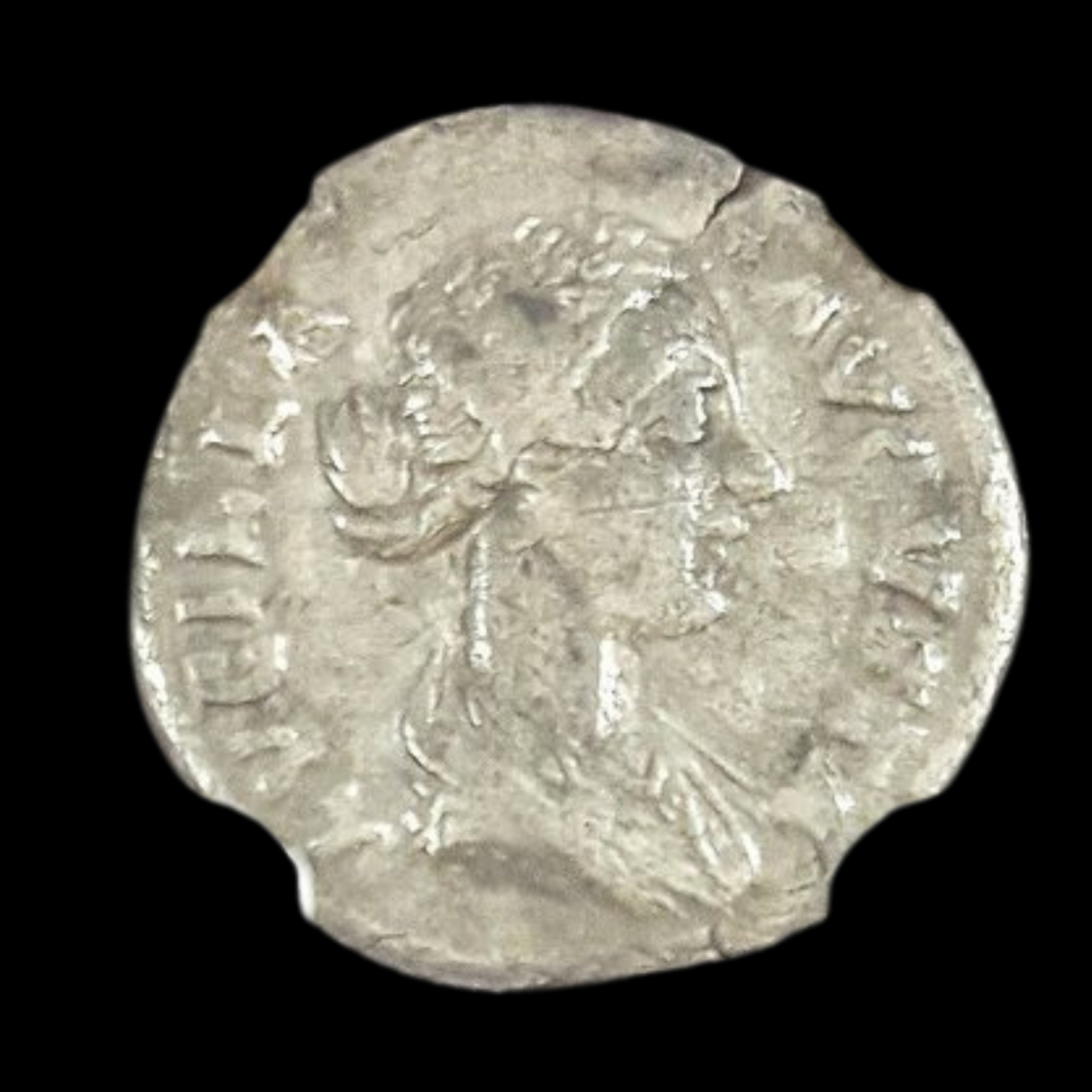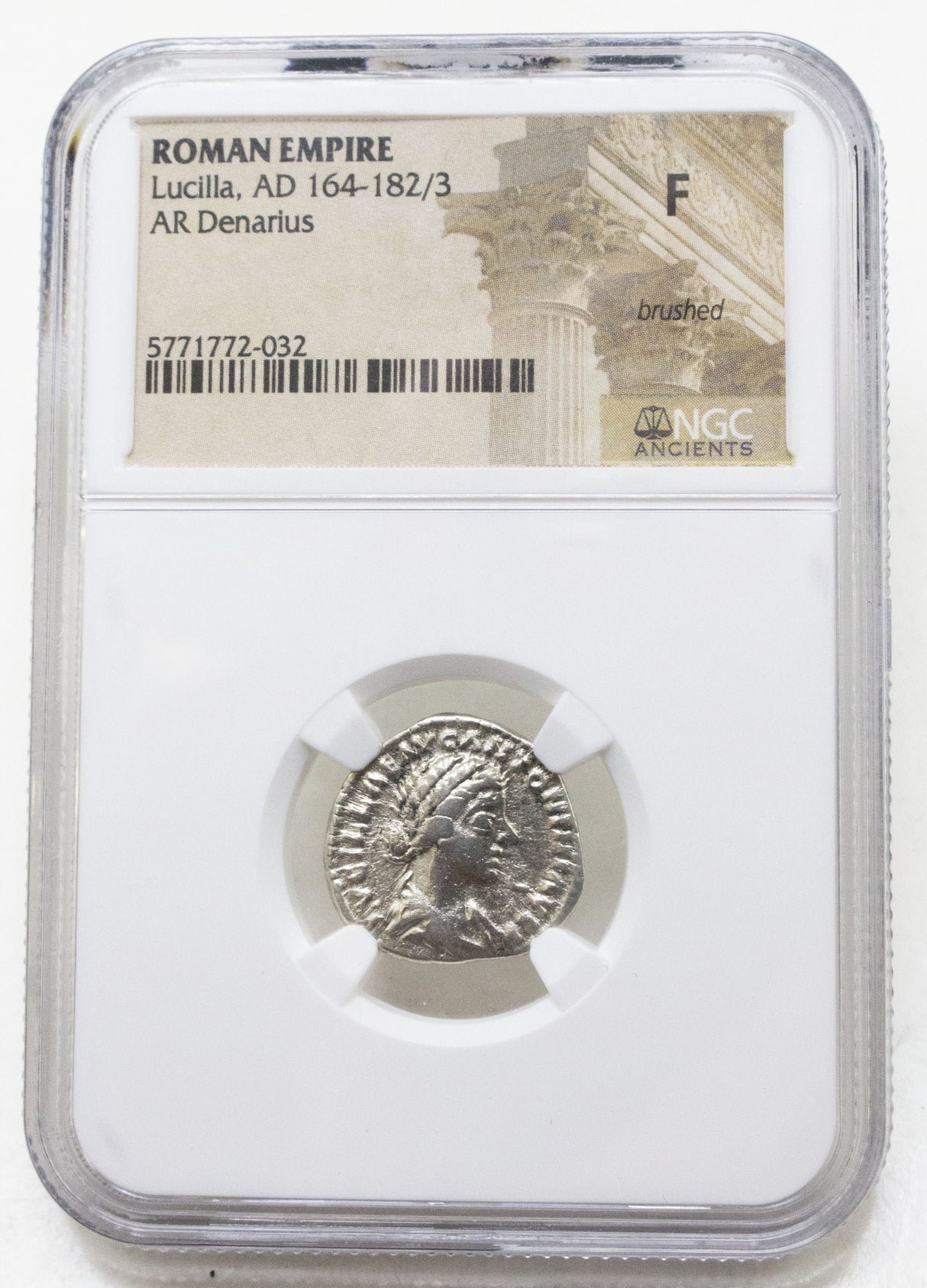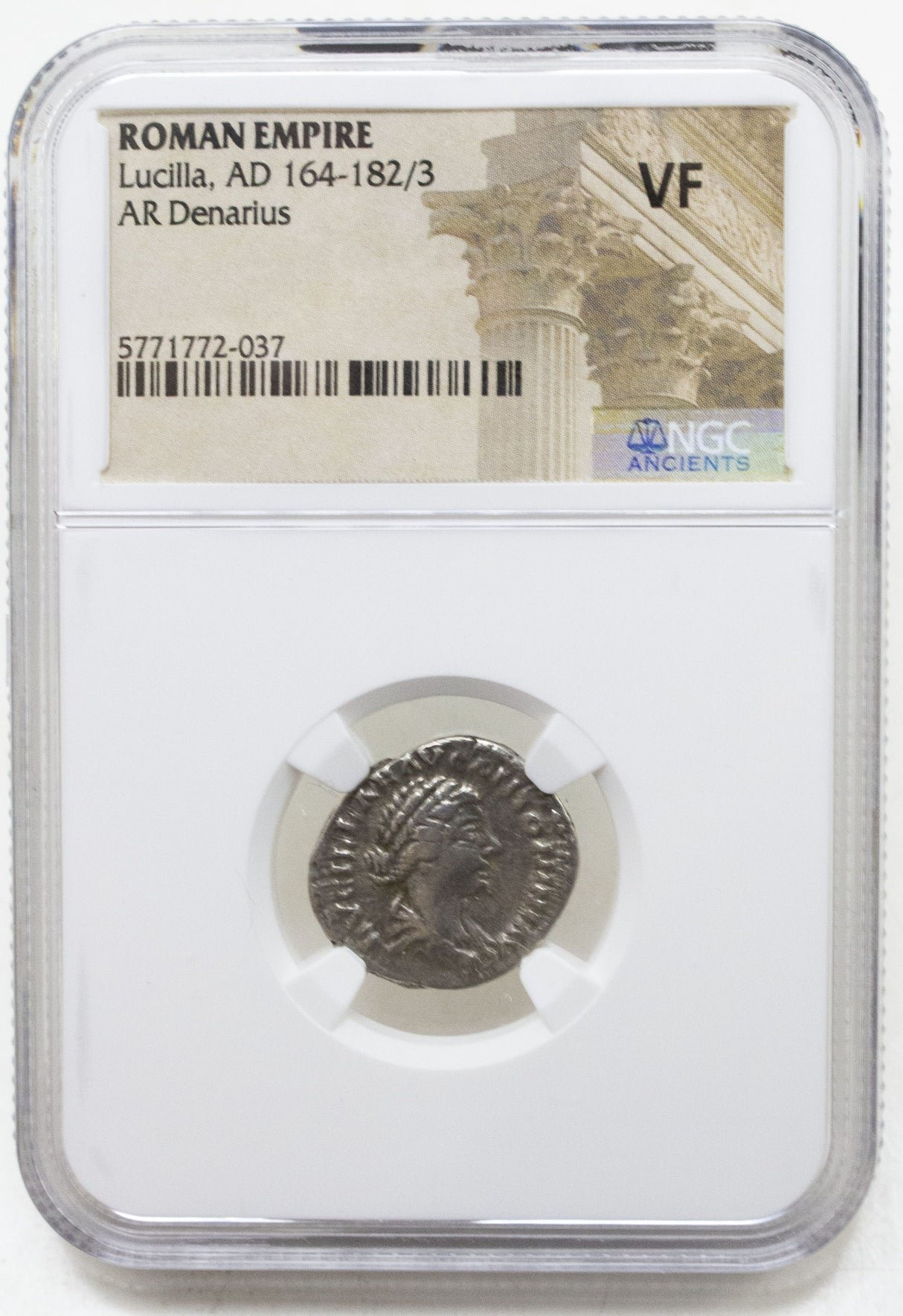 Image 1 of 6
Image 1 of 6

 Image 2 of 6
Image 2 of 6

 Image 3 of 6
Image 3 of 6

 Image 4 of 6
Image 4 of 6

 Image 5 of 6
Image 5 of 6

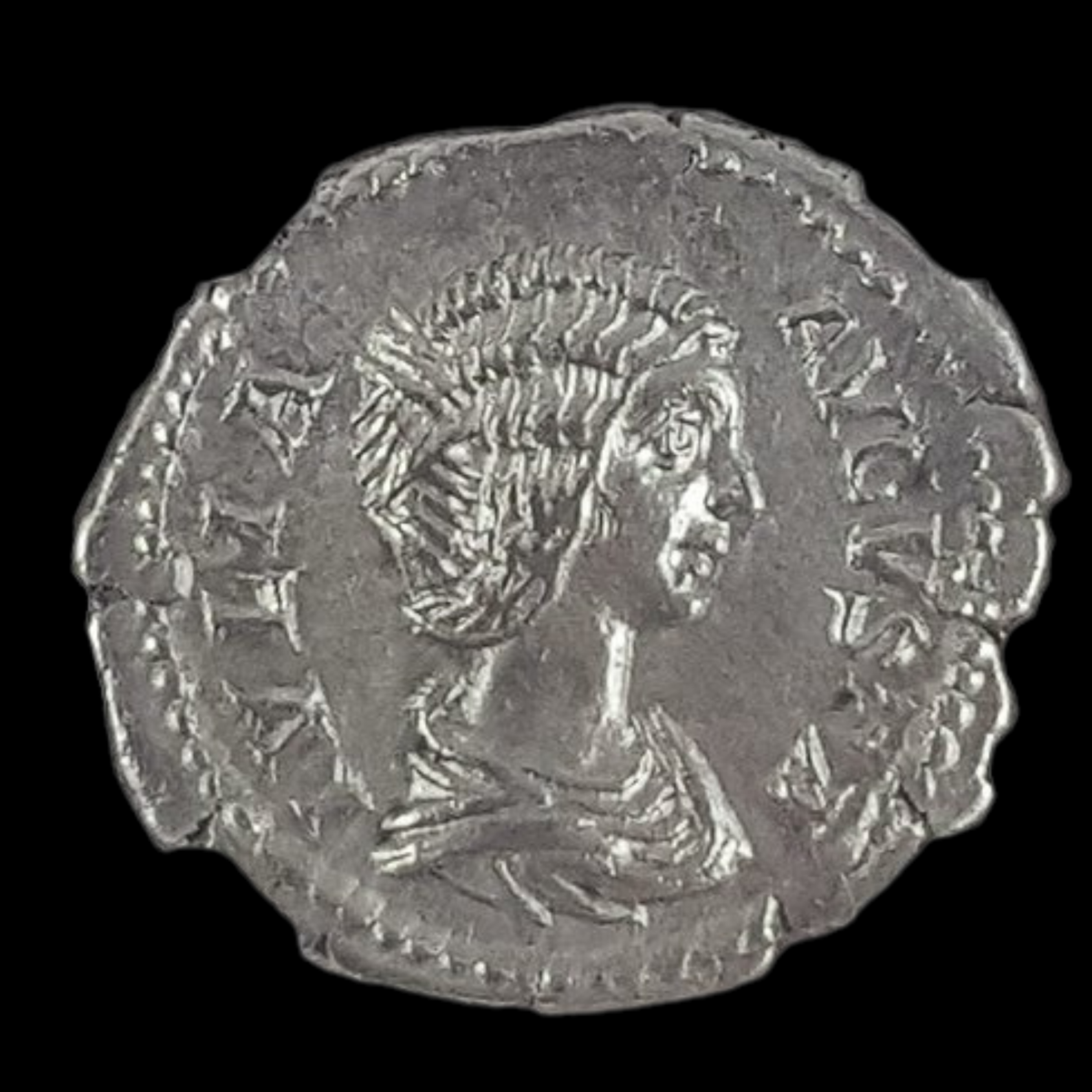 Image 6 of 6
Image 6 of 6







Ancient Roman Silver Coin of Empress Julia Domna (Wife of Emperor Septimius Severus)
The coins shown are representative examples of the grade and type, but not the actual specimens for sale. For details on NGC’s grading standards and definitions, please refer to our NGC Grading page.
This silver denarius features Julia Domna, one of the most powerful and influential women in Roman imperial history. As wife to Emperor Septimius Severus and mother to Emperors Caracalla and Geta, Julia was far more than a ceremonial empress, wielding substantial political influence as the driving force behind the Severan dynasty and maintaining a prominent public profile unusual for Roman imperial women.
Coin Description:
Front side: Portrait of Julia Domna facing right, typically shown with her characteristic hairstyle featuring waves drawn back into a heavy bun at the nape of her neck, with Latin inscription giving her name and titles
Back side: Likely depicts female deities like Venus or Juno, or personifications such as Pietas (Piety), Felicitas (Happiness), or Concordia (Harmony), with accompanying Latin text
Technical Details:
Silver composition
Denomination: Denarius
NGC certified
Minted between 193-217 AD
Condition as certified by NGC
Historical Significance:
Julia Domna stands among the most remarkable women in Roman history, transcending the typical constraints placed on imperial women. Born in Syria to a high-ranking priestly family of Emesa (modern Homs), she married Septimius Severus, who later became emperor. Breaking with tradition, she accompanied her husband on military campaigns, earning the title "Mother of the Camp" for her popularity with soldiers. She maintained a salon of philosophers and intellectuals, significantly influencing policy during her husband's reign. After Septimius died in 211 AD, she attempted to mediate between her sons Caracalla and Geta, but when Caracalla murdered his brother, she pragmatically aligned with the surviving son. Following Caracalla's assassination in 217 AD, rather than accept powerlessness under the new emperor Macrinus, she chose suicide by starvation, ending the life of a woman who had effectively ruled Rome from behind the throne for over two decades.
The coins shown are representative examples of the grade and type, but not the actual specimens for sale. For details on NGC’s grading standards and definitions, please refer to our NGC Grading page.
This silver denarius features Julia Domna, one of the most powerful and influential women in Roman imperial history. As wife to Emperor Septimius Severus and mother to Emperors Caracalla and Geta, Julia was far more than a ceremonial empress, wielding substantial political influence as the driving force behind the Severan dynasty and maintaining a prominent public profile unusual for Roman imperial women.
Coin Description:
Front side: Portrait of Julia Domna facing right, typically shown with her characteristic hairstyle featuring waves drawn back into a heavy bun at the nape of her neck, with Latin inscription giving her name and titles
Back side: Likely depicts female deities like Venus or Juno, or personifications such as Pietas (Piety), Felicitas (Happiness), or Concordia (Harmony), with accompanying Latin text
Technical Details:
Silver composition
Denomination: Denarius
NGC certified
Minted between 193-217 AD
Condition as certified by NGC
Historical Significance:
Julia Domna stands among the most remarkable women in Roman history, transcending the typical constraints placed on imperial women. Born in Syria to a high-ranking priestly family of Emesa (modern Homs), she married Septimius Severus, who later became emperor. Breaking with tradition, she accompanied her husband on military campaigns, earning the title "Mother of the Camp" for her popularity with soldiers. She maintained a salon of philosophers and intellectuals, significantly influencing policy during her husband's reign. After Septimius died in 211 AD, she attempted to mediate between her sons Caracalla and Geta, but when Caracalla murdered his brother, she pragmatically aligned with the surviving son. Following Caracalla's assassination in 217 AD, rather than accept powerlessness under the new emperor Macrinus, she chose suicide by starvation, ending the life of a woman who had effectively ruled Rome from behind the throne for over two decades.


